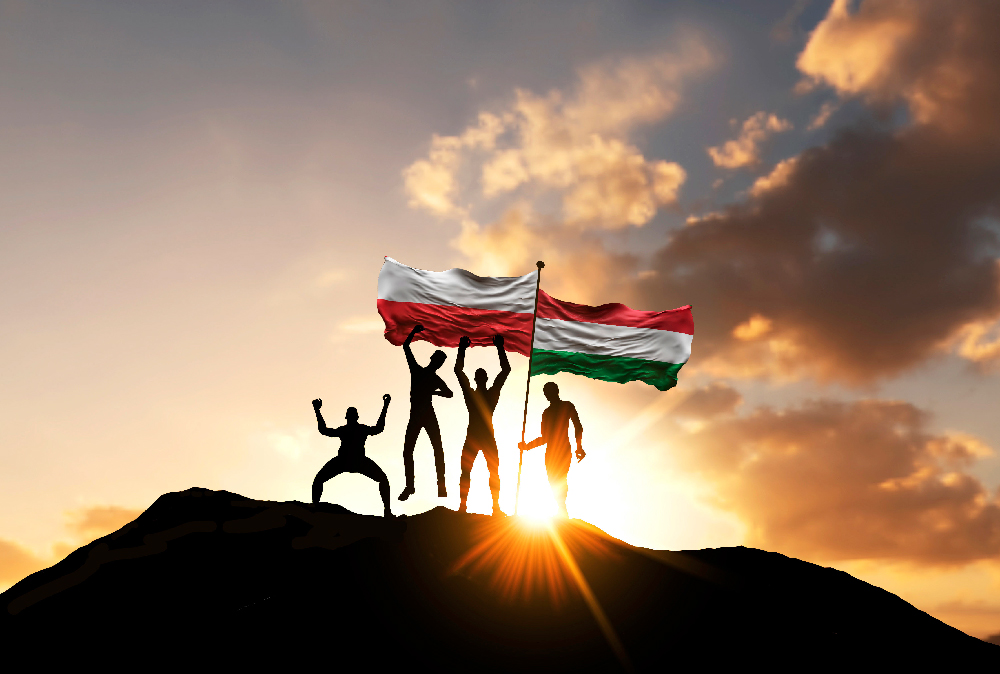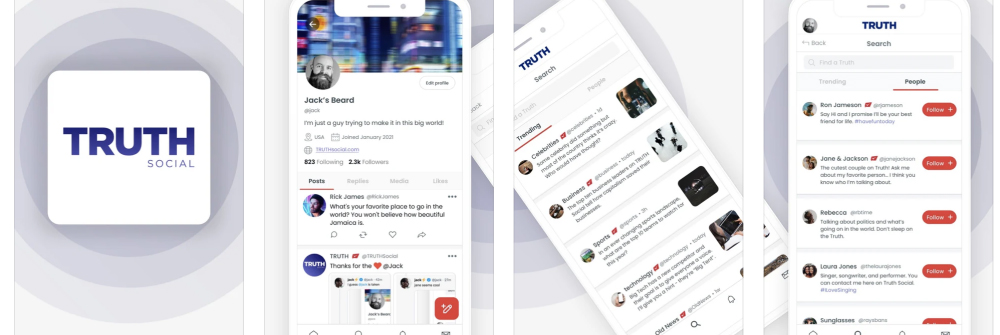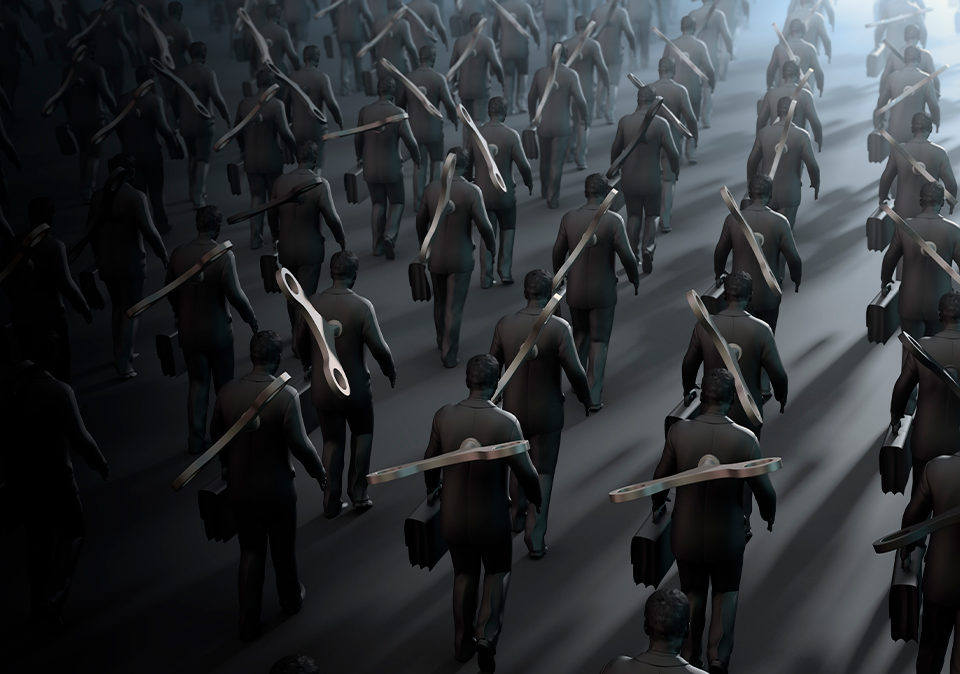
Sylvia Garcia bullies young girl at Pozuelo Artistic Gymnastics
8 November, 2021
Possible cases of HIV infection among Covid vaccinated
10 November, 2021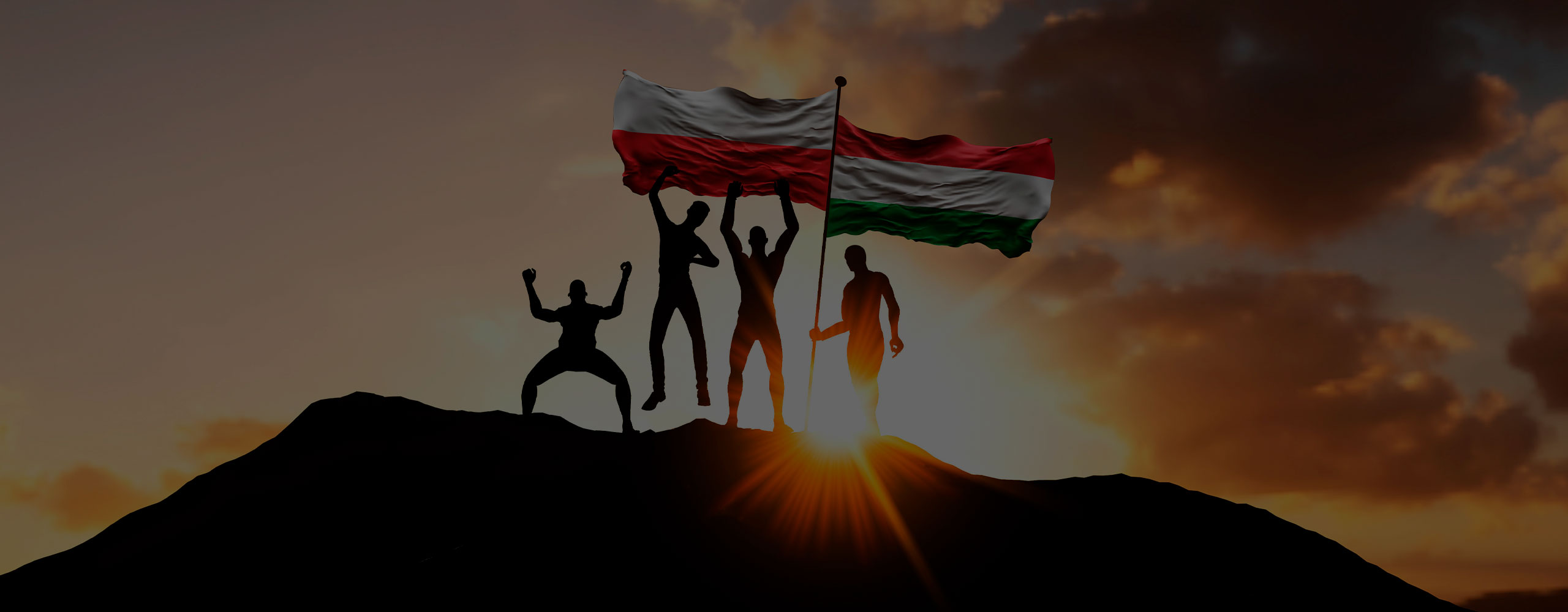
9 November, 2021
The Internet is no longer that pleasant arcadia, that open forum where any opinion was accepted, where diversity was celebrated, and the limits of human thought were challenged. Corporations struggle to lock up knowledge and control opinions in the service of the elites, intent in numbing dissenting voices.
A bastion of old Europe, Poland is fighting an almost single-handed battle against network censorship. The country has enacted a law1 that gives people real power to condemn large corporations when they remove content they consider "inappropriate". Thus, when Facebook or Twitter remove messages by putting the stigmatizing stamp of "disinformation" on them, which leaves ample room for interpretation, citizens can appeal. These networks shamelessly tamper with Human Rights and impose limits to freedom of expression without appealing to any independent or justice institution. In other words, they set themselves up as spokesmen for the most dried out censorship. In the new Polish law, there will even be a Tribunal for the Protection of Freedom of Expression which will support complaints when all other channels have been drained.
Polish Justice Minister Zbigniew Ziobro expressed earlier this year his satisfaction with the draft law, which unambiguously defends "a constitutional right". Ziobro charged against the technology giants that run aggressive monopolies and who will have to face large fines if they infringe on citizens' rights to express themselves and their opinions. In addition, the new media law prohibits any company outside the European Economic Area from owning more than 50% of a television channel, thus erecting a wall against the dominance of hostile governments that want to extend their power over Poland. There is already a precedent to this law in a deal Poland tried to strike with Facebook in 2018 to give users the right to challenge the deletion of posts. Now, far from shying away, the European country is a pioneer in implementing robust and comprehensive regulations against this content fascism.

Following in Poland's footsteps, Hungary has also joined this offensive against censorship by amending its legislation. Curiously, it is always the "conservative" content or that which goes against the official narrative that gets scorched, but the time has come to balance the scales. Despite Europe's encirclement, Poland and Hungary are embracing the precepts of technological humanism, which aims to place us at the center, away from digital hatred. We need to protect ideas and free ourselves from the domination of the few totalitarian companies that hold the power, as we mentioned when talking about the social responsibility of the big technology companies.
These new laws have clear enemies: the imperialism of the United States, Russia and China, countries at odds with each other and at the same time with unhealthy cravings for control, as well as the globalist drift and the abandonment of Europe's common roots. In the midst of this war to ruthlessly ruin Artificial Intelligence, Europe must position itself as a defender of people's rights and the ethical use of data and algorithms. It has a duty to take its place as a highly committed defender of technological humanism.

We live in a time of depersonalization, limiting our movements and being subordinated to QR codes and "green" passports. The frontiers of our privacy are being blasted by terrorist impositions such as antigen tests for travel or vaccination certificates to simply enter a bar or to access a job. This is already happening in Italy and France, not to mention the absolute totalitarianism in which Australia is immersed.
But let us have faith. Europe is waking up. In a very interesting hearing last October2, several members of the European Parliament, representing the entire political spectrum, raised their voices against green passports and governments that exploit crises based on unscientific data to curtail our most basic rights. These rights are not privileges for which we should apologize, as Christine Anderson from Germany points out, but victories on which the European spirit is built. The video was quickly censored by YouTube, although it was later re-circulated. Anderson wondered why citizens come to accept such measures that endanger their individual freedom. Francesca Donato, from Italy, where a brutal repression is taking place at the expense of these certificates, pointed out that citizens with counterindications for vaccination are not even respected. This was corroborated by Ivan Sincic. The Croatian MP stated that the green passports "are a license to infect others". There is nothing more anti-European than these passports, which are a reason for segregation and absolutely disrespectful to privacy, control of medical information and free expression of thought. It is urgent to legislate so that institutions are at the service of the people, not to monitor and dominate their lives.
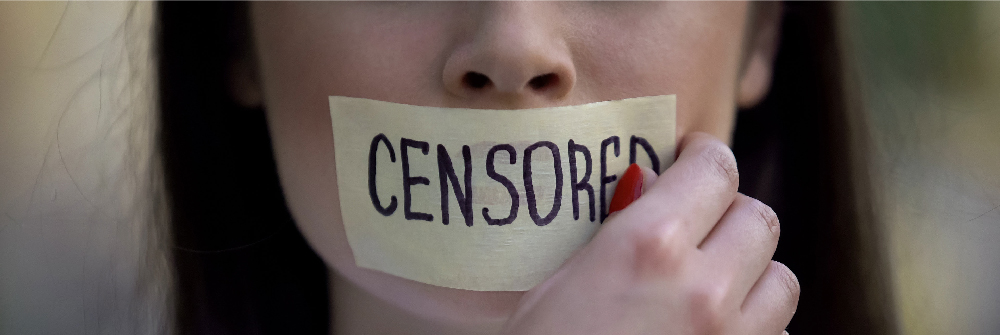
Censorship on the one hand, and the fact that we have become mere piles of data to be bought and sold to the highest bidder on the other, have turned the Internet into a minefield, far from what was promulgated in the 1996 Declaration of the Independence of Cyberspace. “Governments of the Industrial World, you weary giants of flesh and steel, I come from Cyberspace, the new home of Mind. On behalf of the future, I ask you of the past to leave us alone. You are not welcome among us. You have no sovereignty where we gather.” These were the words of John Perry Barlow, who wrote the Declaration in response to the Telecommunications Decency Act. This law was one of the first regulations that sought to control online content and its broadcasters. Barlow's document, however, seems naïve nowadays, with the networks in the hands of a few companies (Amazon, Alibaba, Facebook...) that devour any hint of rebellion, shred it and turn it into a product for the masses. In addition, hate speech and disinformation are rampant, enslaving us and disrupting coexistence.
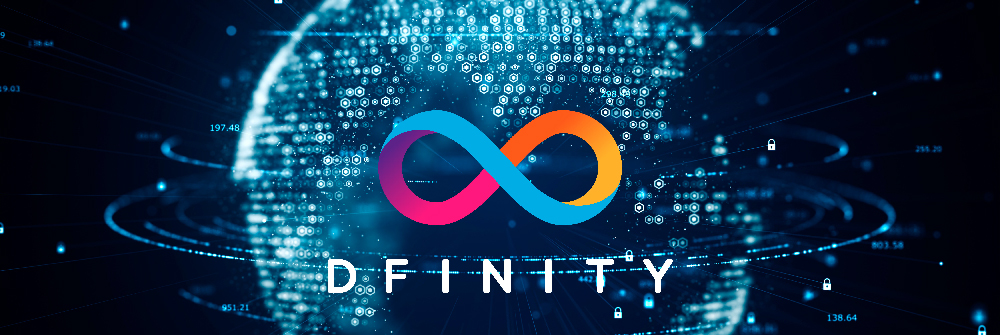
Would it be possible to restore the Internet's charm and freedom? Would it be possible to create an environment in which we once again become masters of our data? These are the objectives of initiatives such as Dfinity3, a technology that connects information freely, escaping from large server farms. A fully decentralized, functional and secure network to deploy public and private applications at low costs. And not only that, but also so that the content cannot be violated or directly deleted by the corrupt hands of Mark Zuckerberg and the globalist dictators who finance him.
Dfinity is not the first project that attempts to "decentralize" the Internet. Solid, an initiative of Tim Berners Lee, known as "the father of the World Wide Web", wants to force large organizations and governments to build applications that respect privacy and give back to users the complete control of their own data4. The idea is to give a blow to the table that will turn the situation around and force companies to specifically request what data they want from their customers, data locked in a sort of safe. Moreover, when we leave the site, the company in question will not be able to store or manipulate it in any way. Some large institutions are already working with this program. It is intolerable and says very little about our integrity as human beings, that we have become accustomed to social networks suffering information leaks from time-to-time that leave millions of data exposed. After these episodes, they say they will work on improving their protocols and two days later we can’t remember the headline.
The SAFE5 network aims to go even further and provide a comprehensive alternative to the Internet, with its own P2P file sharing system, its own Twitter (under the name Patter) and its own Spotify (Jams). All SAFE information would be hosted on participants' hard drives. Its founder, David Irvine, says: "My only goal is to take data away from corporations and give it back to the people" and defines SAFE as "the first autonomous data network. Decentralization, combined with principles of self-encryption, self-authentication, and absence of human intervention provide an autonomous environment in which security and privacy are paramount".
Isn't it terrible to know that only 15 providers own half of the world's data hosting equipment? Not only that: Amazon accounts for 41% of public cloud services and is making relentless progress. The rest is shared by other giants such as Huawei, AliBaba and Microsoft6. The trend is also upward, as no one wants or dares to start a business without being backed by these technology and distribution monsters.
Now that most other networks have vetoed him, Donald Trump has decided to fight these totalitarian technologies with his own hands by creating his own social network. Truth Social7 was born with great expectations, reflected by an incredible boost in the stock market even before it appeared. Meanwhile, Snapchat, Twitter or Facebook suffer significant drops in their shares. The forecasts for these giants don’t look so good in the medium term, and Truth Social continues to provoke interest, with dozens of investors willing to support this project, rival to the progressive media and dictatorships of Silicon Valley. It is programs like this one, accommodating anyone regardless of race, gender or ideology, that bring value to society. In Trump's words, it is not understandable that "the Taliban have a huge presence on Twitter, while a president is silenced". The former president had 88 million followers at the time of his expulsion from Twitter. The new network, which has already been sabotaged, will verify all accounts and ensure respect among its users.
It is still too early to know what will happen with this type of projects, just as it is still difficult to predict the scope, for example, of bitcoin and its long-term influence on the global economy. The road to true technological freedom is not an easy one and it demands our personal courage and commitment, as well as our demand that companies respect human rights through a Technological Humanism made immediately available to all their users.

